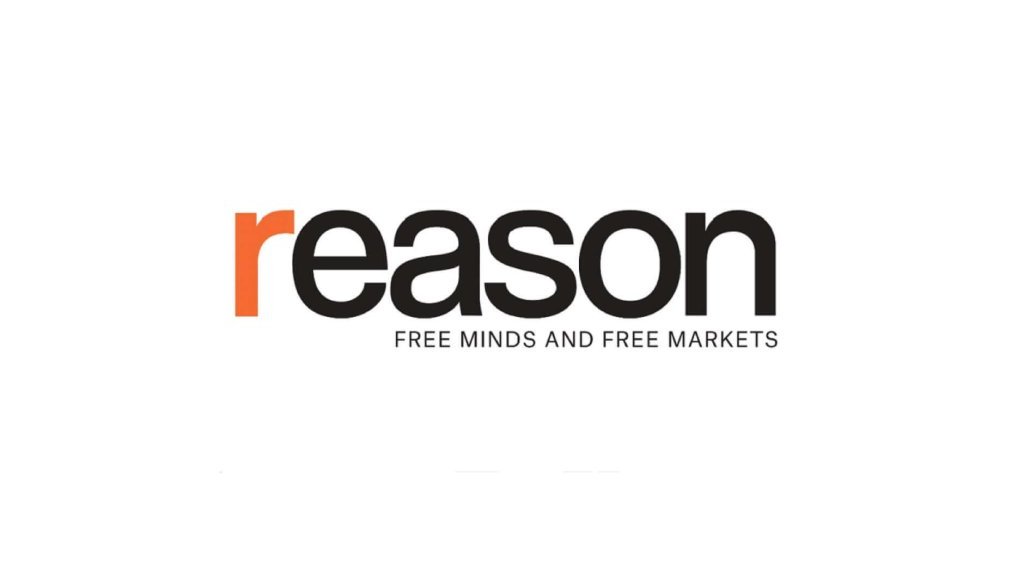Short Circuit: A Roundup of Recent Federal Court Decisions
Please enjoy the latest edition of Short Circuit, a weekly feature written by a bunch of people at the Institute for Justice.
Nearly a decade ago, New Mexico all but eliminated civil forfeiture, ending the practice of taking people’s stuff without convicting them of a crime. And then what happened? Did the state descend into lawlessness? On the contrary, crime rates were not impacted. So says a peer-reviewed study newly published in the Criminal Justice Review that used nine years of monthly data and compared against control states. Henceforth, policymakers can rest easy knowing that if they do the right thing and nuke civil forfeiture into the sun, the only thing they’ll be doing is protecting civil rights.
- California environmentalists sue the FAA and the National Park Service, disputing whether the agencies appropriately followed regulations promulgated by the Council on Environmental Quality. D.C. Circuit: Twist! The CEQ doesn’t have the power to issue regulations—50 years of practice notwithstanding—because it was created by executive order, not by Congress.
- Puerto Rico shuts down most businesses in March 2020, exempting those selling “essential supplies.” Wal-Mart, Costco, and others remain open and, allegedly, continue selling “non-essential supplies” such as, well, everything in the store. The gov’t does nothing to stop them. A group of competing businesses who were shut down sue the big-box chains, claiming unfair competition. District court: Class certification denied, and there is no cause of action. First Circuit: Remanded back to Puerto Rican “state court.” Dissent: I agree, but we should have granted Costco’s motion to sever.
- American Airlines and JetBlue try to merge their services for flights in and out of Boston and NYC. But is this a “restraint of trade” under the Sherman Act? District court: After sitting through a month-long trial where I have to put up with biased “experts” and thousands of pages of evidence I’m going to say it is. First Circuit: And no clear error in applying the rule of reason.
- New York’s State Ivory Law restricts the sale of ivory items and does so in ways that are more restrictive than the sales permitted under the federal Endangered Species Act. It also prohibits licensees from physically displaying for sale any ivory item that is not authorized for sale in New York. Antique dealers: The law is preempted by the Endangered Species Act, and the display restriction violates the First Amendment. Second Circuit: Having parsed the difference between the words “exemption” and “exception,” we conclude that the law is not preempted. But its display restriction does violate the First Amendment. Dissent: The law absolutely is preempted.
- North Carolina requires federal-office candidates to disclose felony convictions on their ballot applications. Prospective candidate: This violates the Qualifications Clause and the First Amendment! Fourth Circuit: No. Checking a box marked “felony” doesn’t impose an unconstitutional “qualification” for candidacy. Disclosing this simple, public fact isn’t 1A-violating compelled speech either. (Oh, and how about a breather from five years of nonstop election challenges?)
- In 2023, disgraced former lawyer Alex Murdaugh was found guilty of murdering his wife and son following a high-profile trial. If that weren’t enough, Murdaugh is also alleged to have stolen nearly two million dollars from his personal injury clients with the help of a bank CEO. During the banker’s fraud trial, the judge removed a juror who privately expressed anxiety due to other jurors’ “reactions to my decision.” The banker was then conv
Article from Latest

The Reason Magazine website is a go-to destination for libertarians seeking cogent analysis, investigative reporting, and thought-provoking commentary. Championing the principles of individual freedom, limited government, and free markets, the site offers a diverse range of articles, videos, and podcasts that challenge conventional wisdom and advocate for libertarian solutions. Whether you’re interested in politics, culture, or technology, Reason provides a unique lens that prioritizes liberty and rational discourse. It’s an essential resource for those who value critical thinking and nuanced debate in the pursuit of a freer society.



